#Ferrari prototype
Explore tagged Tumblr posts
Text




From May, 2024
#car#Ferrari#Ferrari 250 GT#Pininfarina#Ferrari prototype#villa d'este#grand tour#Leica sl3#original photography on tumblr#may 2024
14 notes
·
View notes
Text

#ferrari#ferrari 499p#499p#ferrari wec#ferrari prototype#ferrari LMDH#race car#autosport#auto racing#world endurance championship#motorsport#wec#motorsports#lmdh
19 notes
·
View notes
Text
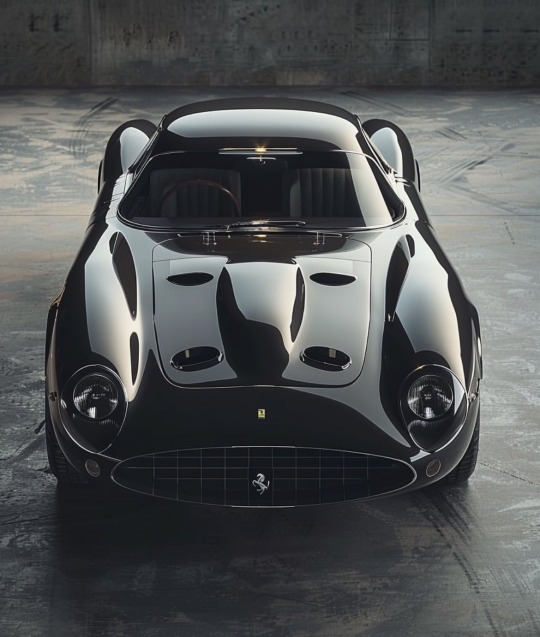
#Ferrari#250#250GT#Ferrari 250GT#Concept#concept car#Prototype#custom#Custom car#luxury#luxury life#luxury living#Classic Ferrari#Vintage Ferrari#classic#classic car#vintage#vintage car#car blog#menstyle#classy#classy life#beauty#lifestyle#lifestyle blog#photography#Mens garage
5K notes
·
View notes
Text
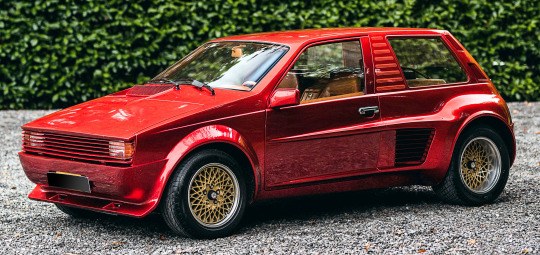

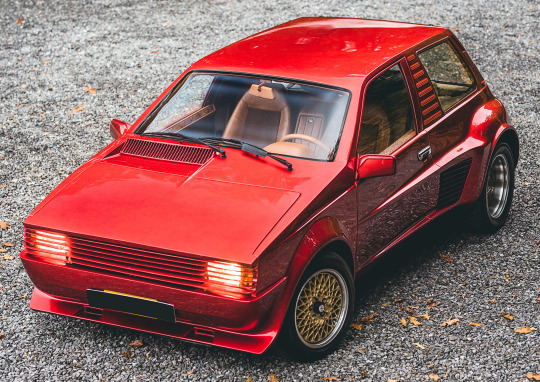


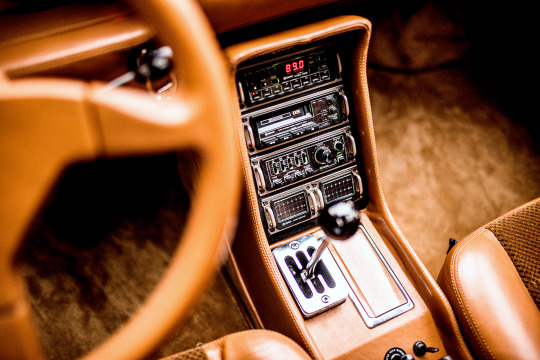
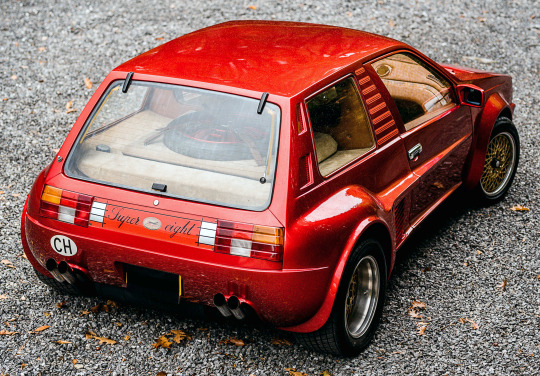
Sbarro Super Eight, 1984. Presented 40 years ago at the Geneva Motor Show, a relatively modest looking hatchback body covering the mid-engined drivetrain of a Ferrari 308 GTB. It remained a one-off
#Sbarro#Sbarro Super Eight#Ferrari V8#concept#prototype#design study#mid-engine#V8#hatchback#hot hatch#coachbuilt#Geneva Motor Show#one-off#show car#Ferrari 308 GTB#40 years ago#1984#1980s
873 notes
·
View notes
Photo

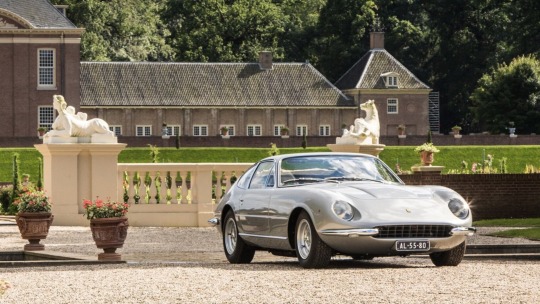
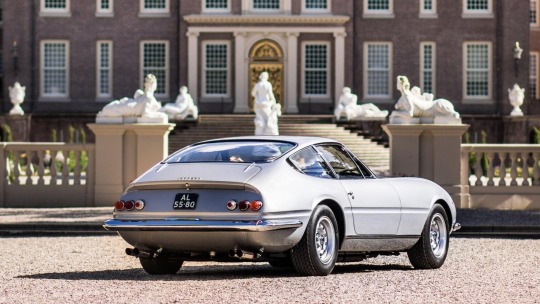
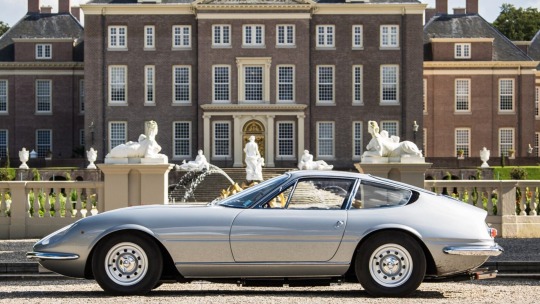
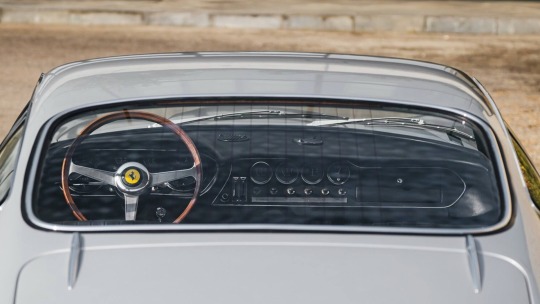
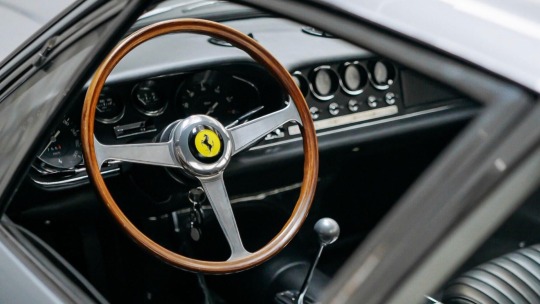


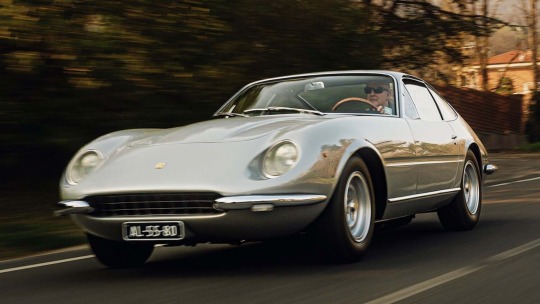

1967 Ferrari 365 GTB/4 Daytona prototype
Courtesy: RM Sotheby's
#art#design#sportcars#sportcar#supercars#supercar#luxurycar#luxury#luxurylifestyle#luxurycars#ferrari#ferrari 365 GTB/4#prototype#daytona#collectors#vintage cars#vintage car#rm sothebt's
825 notes
·
View notes
Text


Ferrari 250 GT Europa berlinetta prototipo by Pininfarina 1955
37 notes
·
View notes
Text










29 notes
·
View notes
Text


Ferrari 408 4RM (1987-1988). Prototype production 2 exemplaires. Wikipédia
7 notes
·
View notes
Photo
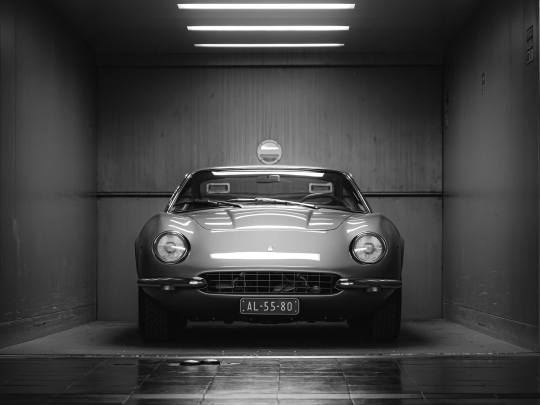

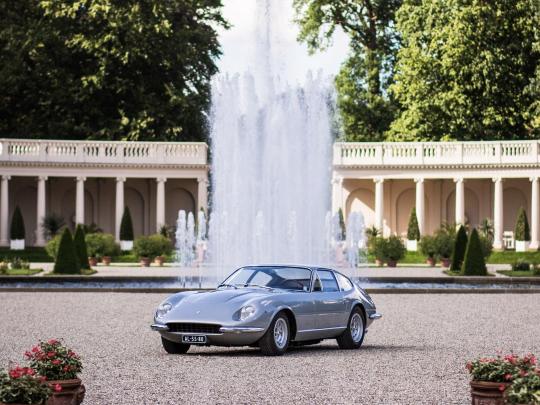
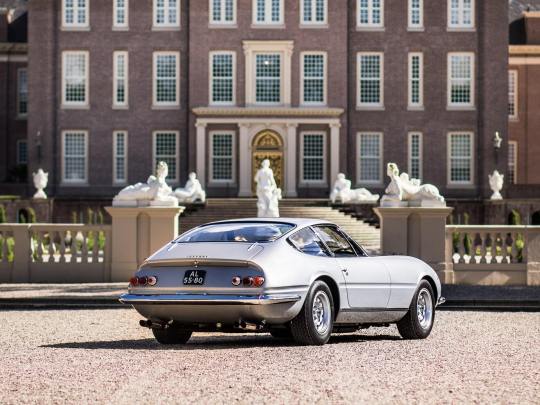


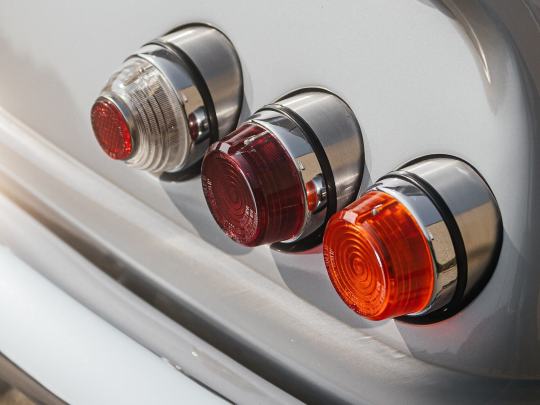
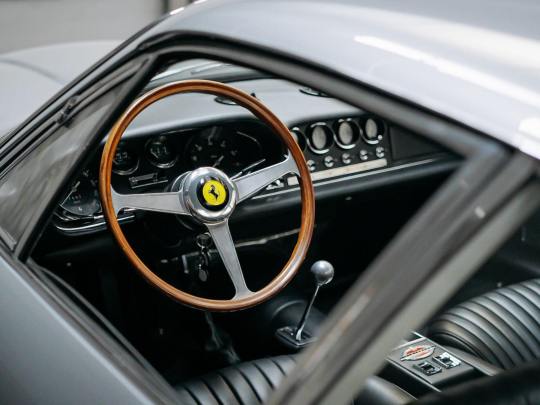


Ferrari 365 GTB/4 Daytona (very first) Prototype by Scaglietti
In the late 1960s, it seemed as if the performance car world was at a crossroads. With the introduction of Lamborghini’s P400 Miura and its revolutionary mid-engined design, some thought this design would be the future for the upper echelons of performance cars, and that front-engined cars would begin to fade from popularity.
Spurred on by the success of the Miura, Ferrari knew that the replacement of the 275 GTB/4 needed to be something spectacular and new in order to take the fight to Lamborghini. Rather than move to a mid-engined format, it was decided that the front-engined V-12 platform would remain, alongside coachwork penned by Pininfarina. Quite simply, if it works for you and your clients, why go about reinventing the wheel? After all, this is what Ferrari had built their reputation on, and there was no one better at building twelve-cylinder, front-engined GT cars than Ferrari. They were not to be outdone by this team of renegades at Lamborghini, headquartered just down the road from Maranello!
Chassis number 10287 was the genesis of that new model of Ferraris and the Scuderia’s fighting back against the Lamborghini and the Miura. At first glance to the casual observer, the car offered here seems to tread the line between a 275 GTB/4 and a 365 GTB/4 Daytona. Visual cues to both can be seen and some design elements seem to have blended together, but this car is far more than a design study to determine Ferrari’s future. A total of six 365 GTB/4 prototypes would be built, but this example, as the first, remains the most recognizable, the most unique, the most significant, and is undoubtedly the most desirable.
Chassis number 10287 is that of a Tipo 596 chassis, the same type which was used for the 275 GTB/4, made of tubular steel and a wheelbase measuring 2,400 mm (a wheelbase length shared by both 275 GTB/4 and 365 GTB/4). At its heart is a completely unique Lampredi engine, one that would not be seen in any other Ferrari road car at the time. Designated Tipo 243 internally, it is fitted with dry sump, three-valve heads rather than the usual four valves per cylinder, dual ignition, twin spark plugs per cylinder, and is topped with six Weber 40 DCN18 carburetors. The block itself is based on that of a 330 GT but has been bored out to 4,380 cc. What is worth noting about this completely unique and radically redesigned engine is that it bears similarities to the engines found in the 330 P4 prototype racers, the race car that won numerous races and earned its place in the history books after their memorable 1-2 finish with a 412 P coming in third at the 1967 24 Hours of Daytona. These racing cars also have double inlet valves with one exhaust valve per cylinder.
Aesthetically, the design in front of the windshield was similar to that of a 275 GTB/4, albeit with a slightly stretched and flattened nose, still boasting covered headlights and a bonnet with a central bulge similar to a 275 GTB/4. The shape of the tail section of the bodywork is instantly recognizable to anyone familiar with a Daytona, utilizing 275 GTB/4 boot hinges and a full-width rear chrome bumper. Chassis number 10287's side profile is most evocative of the production Daytona, and allegedly what Enzo Ferrari loved most about this particular prototype, featuring a near identical rear ¾ section and roofline. Looking at the nose and bonnet, similarities can be seen between this and Jaguar’s E-Type.
Once completed in early 1967, 10287 saw extensive factory testing at the Modena Autodrome over the course of that year. It was first registered on May 8, 1968, wearing Italian number plates ‘Roma B 85391’ through the official Ferrari dealer in Rome, Motor S.a.s. di Carla Allegretti e C, noting a sales price of 8,000,000 Italian Lira. It is interesting to note that, at the time, this was similar in price to a new 275 GTB/4, but by that time, the production version of the 365 GTB/4 Daytona had yet to be introduced, this being about five months before the 1968 Paris Auto Salon.
#Ferrari 365 GTB/4 Daytona#Prototype#Scaglietti#lamborghini p400 miura#275 GTB/4#Pininfarina#v12#Lampredi#Enzo Ferrari#Paris Auto Salon#24 Hours of Daytona
130 notes
·
View notes
Text

Simple life
#cars#vintage#photo#supercars#vaporwave#classic car#cyberpunk#ferrari#glitch#lamborghini#le mans#jaguar#prototype#anime#porsche#neon#aston martin#bugatti#mercedes#ford#life
25 notes
·
View notes
Text
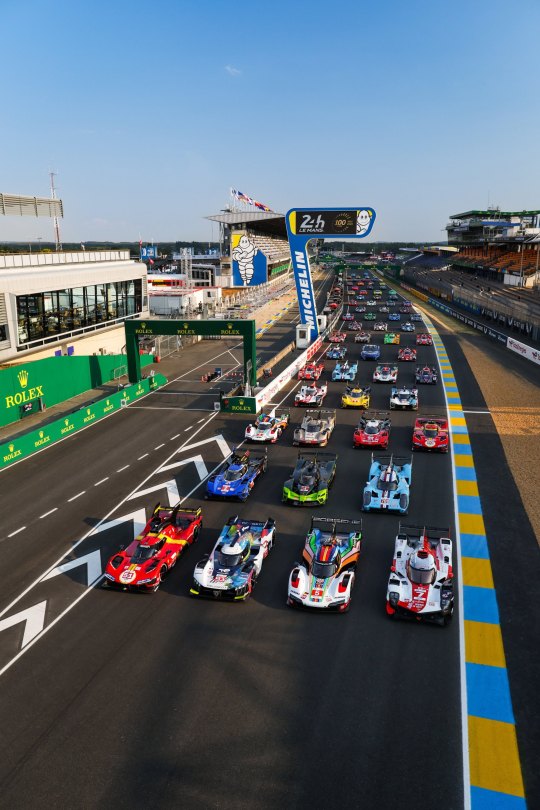
soon
#wec#24 hours of le mans#endurance racing#prototype race car#misc cars#ferrari#499p#porsche#963#peugeot#9x8#cadillac#v-lmdh#glickenhaus#vanwall#toyota#gr010
12 notes
·
View notes
Text

#ferrari#ferrari 499p#499p#race car#Ferrari WEC#wec#world endurance championship#Ferrari LMDH#Ferrari Prototype#auto racing#autosport#motorsport#motorsports
3 notes
·
View notes
Text

#Ferrari#supercar#Concept#concept car#Prototype#Luxury#luxury life#luxury living#car blog#menstyle#classy#classy life#beauty#lifestyle#lifestyle blog#photography
2K notes
·
View notes
Text



Alfa Romeo SE 048 SP Group C, 1990. A prototype race car with an Abarth-developed chassis mated to the 3.5-litre V10 engine from the stillborn Alfa Romeo 164 Procar. However the SE 048 SP never left the development phase as Alfa Romeo decided to concentrate on 155 touring car programme instead. More recently the SE 048 SP appeared at the 2010 Goodwood Festival of Speed powered by a Ferrari V12
165 notes
·
View notes
Text
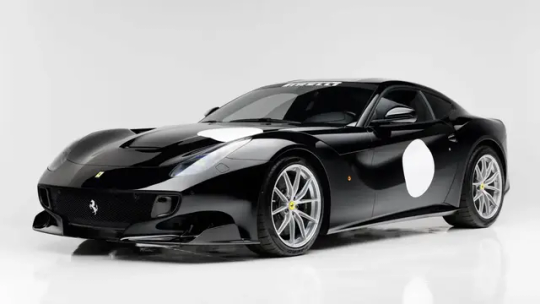


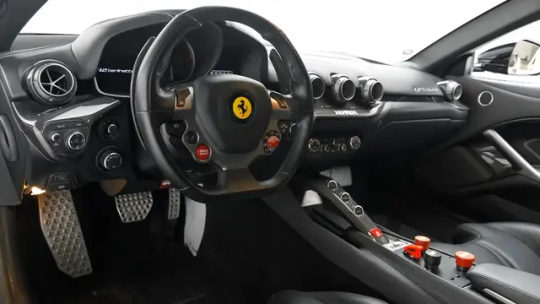
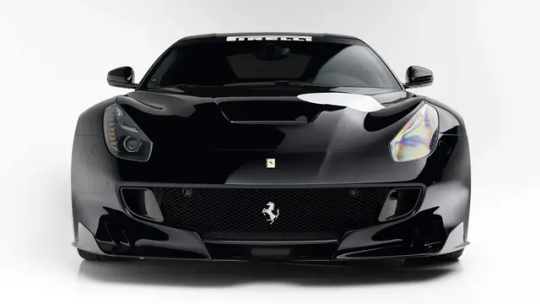

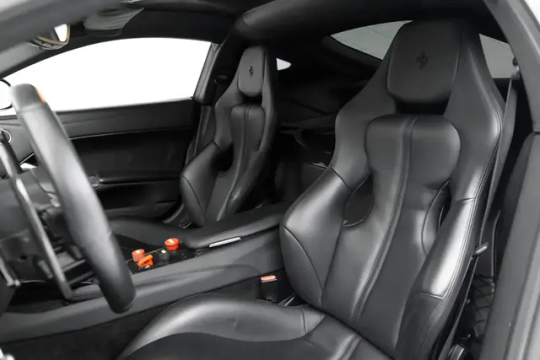


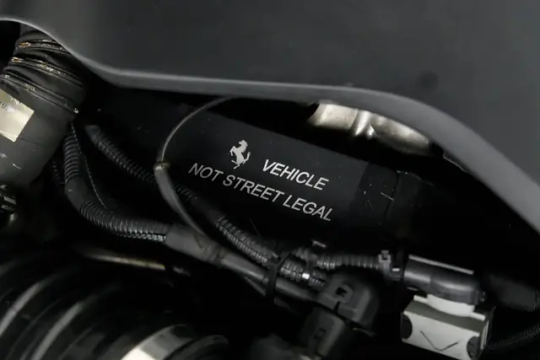
Ferrari F12tdf Prototype
World’s Slowest Ferrari !
According to the listing, this F12tdf prototype was actually a modified F12 Berlinetta that was used as a development mule for the eventual, very special-edition F12tdf.
Once its duty as a development mule ended, Ferrari detuned its engine and software-limited it to just 15 mph.
After being detuned and put out of commission, a dealer imported it to the United States as a show and display car.
The car has a limited top speed of just 15 mph and isn't legal to register for road use.
Courtesy: Bring A Trailer
#art#design#luxury cars#luxury car#sport cars#sport car#ferrari#mule#ferrari F12tdf#prototype#bring a trailer#surreal#supercars#supercar
130 notes
·
View notes
